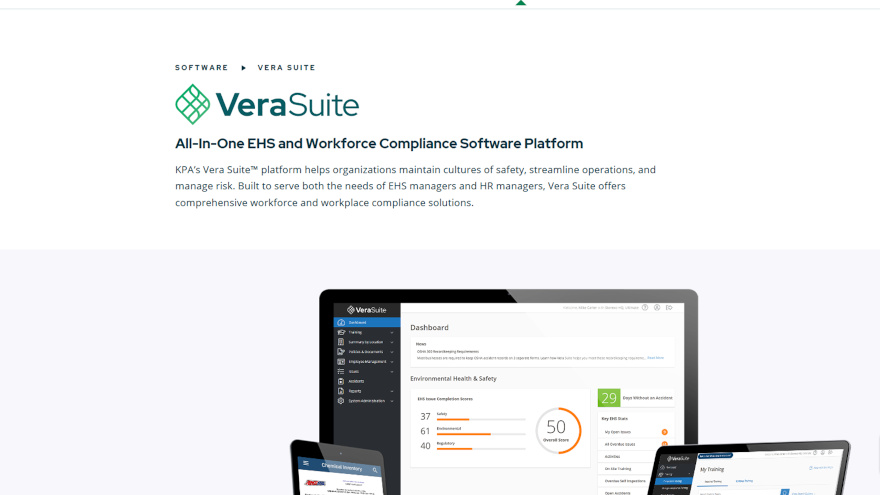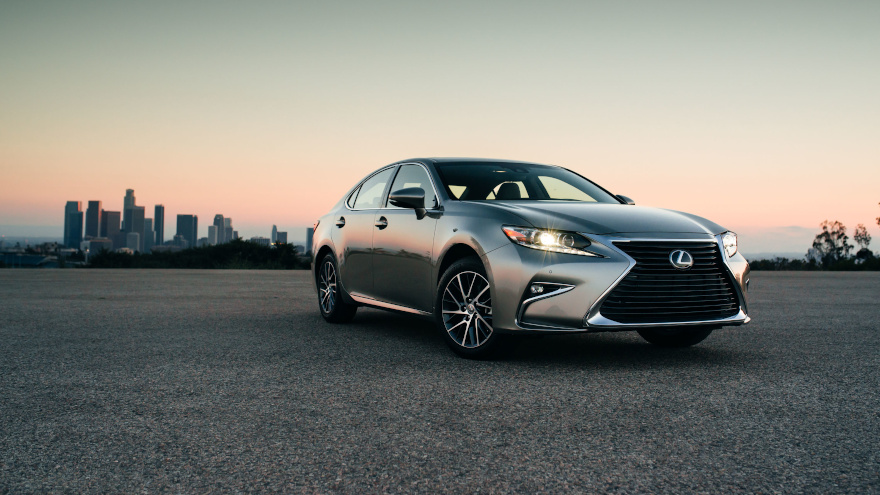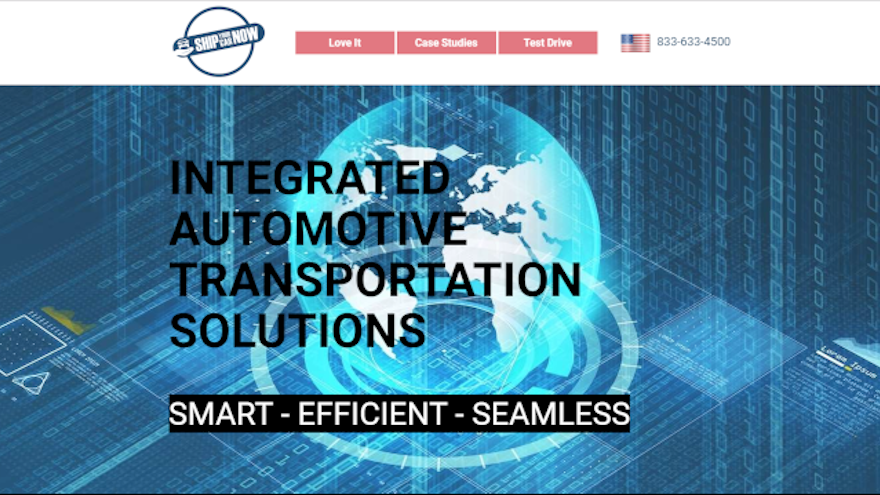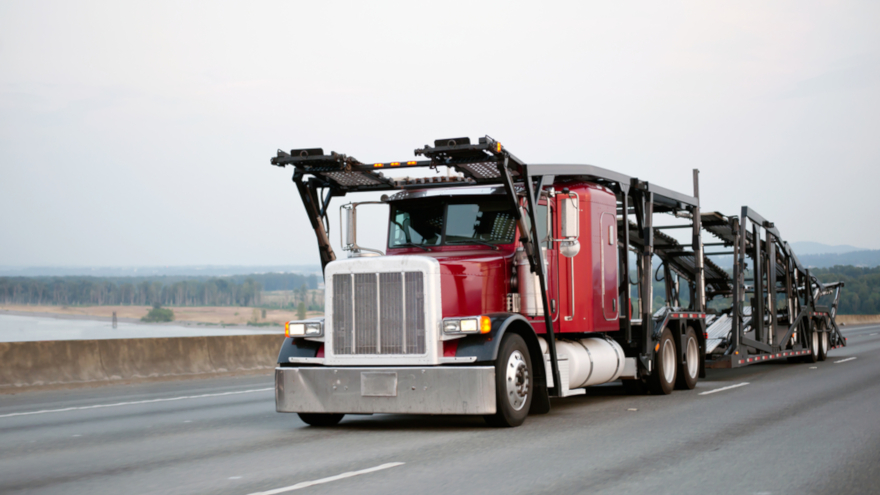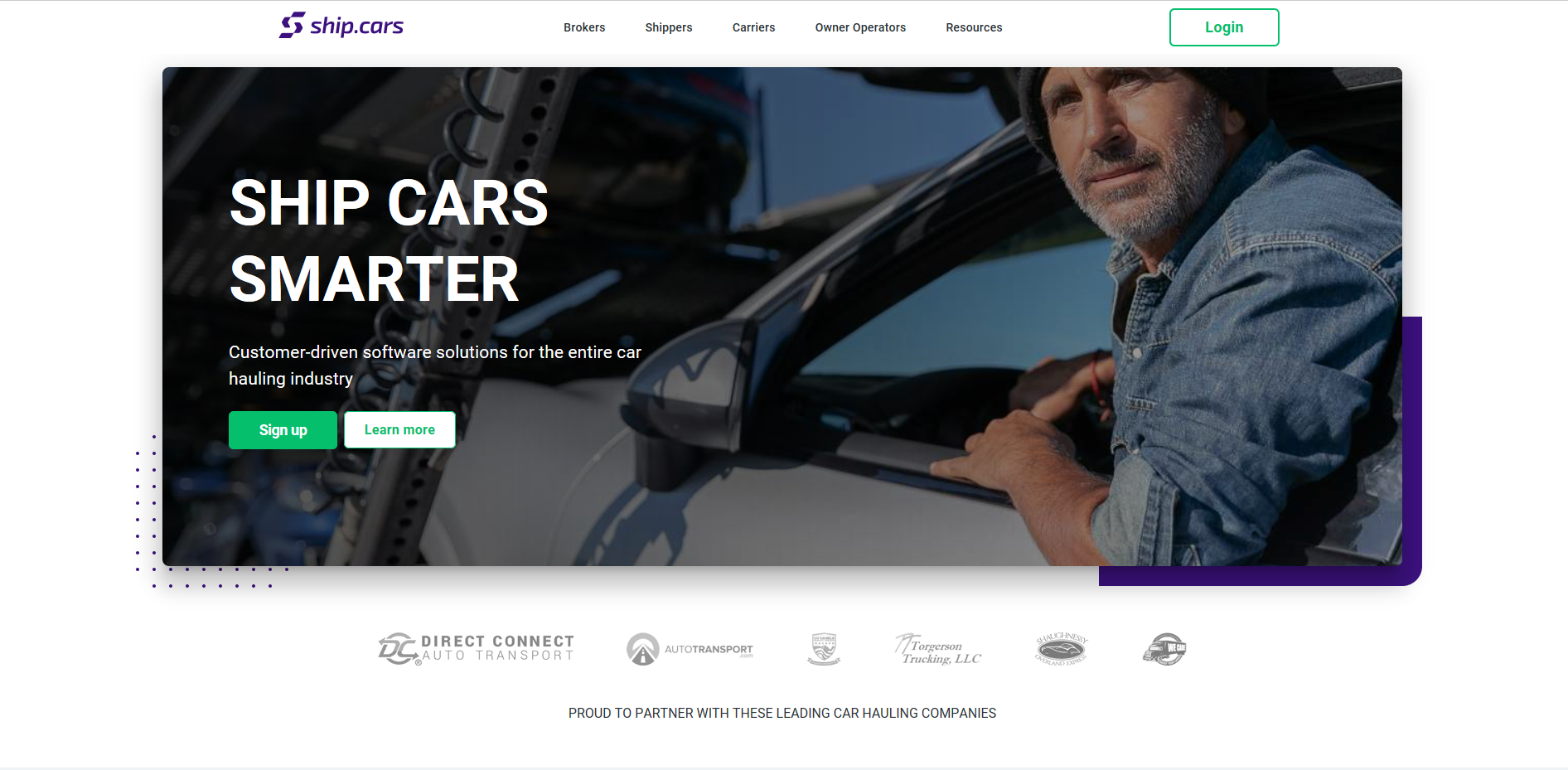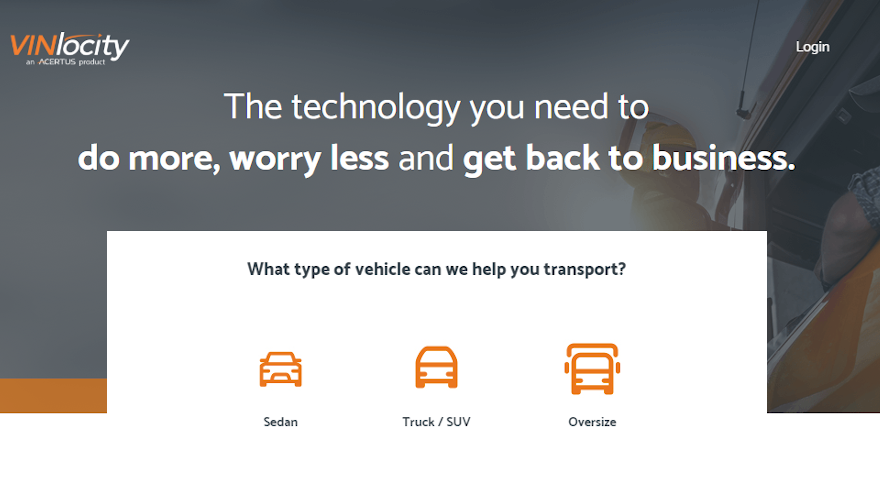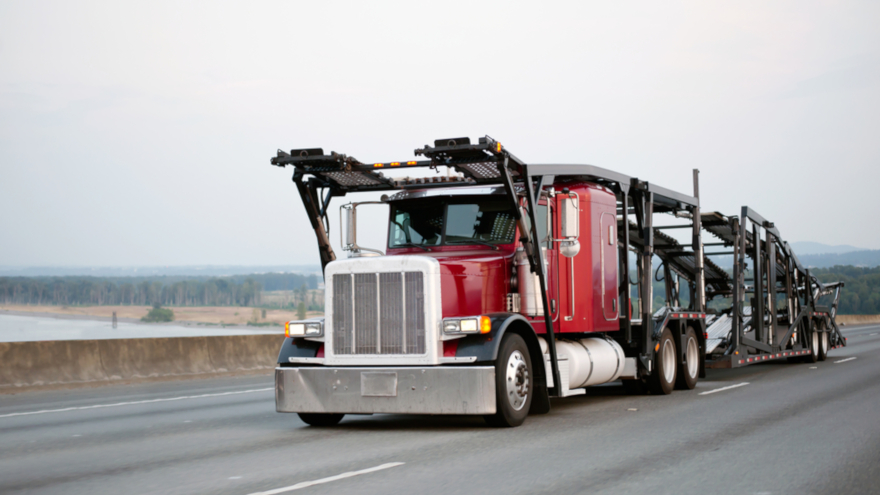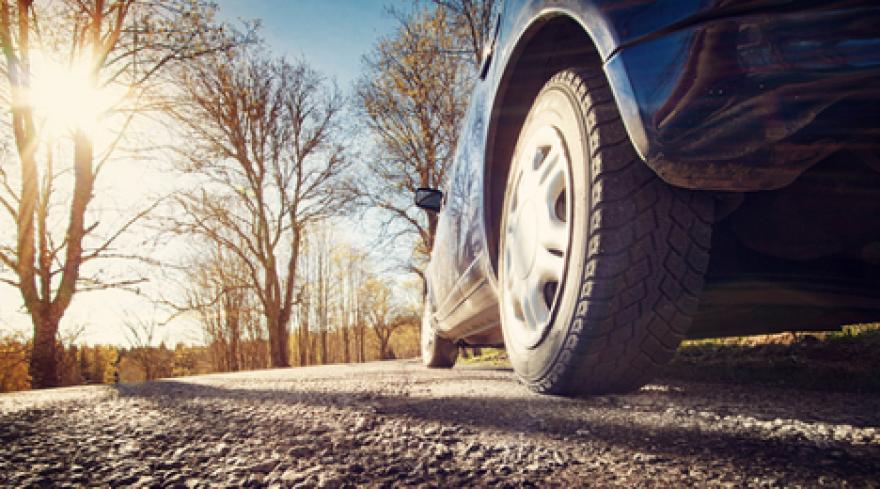Software, consulting services and training provider KPA will release a new software platform that allows organizations to perform functions such as conduct mobile audits and inspections consistently across multiple facilities.
KPA, which provides its services in the areas of workforce compliance and environment, health and safety, or EHS, says the new software platform, called Vera Suite, also allows organizations to track and report incidents and accidents with an audit trail for regulatory reporting and compliance.
Vera Suite works with small- and mid-sized companies in industries in which it says “employee safety and regulatory compliance are business imperatives.” Some of those industries include automotive, manufacturing, transportation, construction, and hospitality.
The company said the release of the platform will help in the areas of managing environment, EHS, workforce compliance, online training, and regulatory management in a single integrated cloud system.
KPA describes Vera Suite, which will be available to all KPA customers in March, as a “comprehensive workforce and workplace solution.”
It is the next generation of KPA software currently used at more than 10,000 U.S. and Canada client locations.
Vera Suite also allows organizations to:
— Perform corrective and preventive actions;
— Manage safety data sheet library and chemical inventory;
— Stay compliant with the U.S. Occupational Safety and Health Administration, Environmental Protection Agency, Federal Trade Commission, Department of Labor, and additional regulatory standards through the use of a regulatory library and recommended actions from KPA;
— Manage online employee training through the use of a catalog of EHS and human resources training modules;
— Manage the elements of the employee lifecycle such as hiring, onboarding, training, performance management, and termination;
— Monitor EHS and Workforce compliance with reports and dashboards that offer a clear compliance view by location, department, or individual.
The company said Vera Suite helps organizations streamline operations and manage risk and gives safety professionals, operations leaders, and human resources managers the necessary tools to manage potential risks before injury or compliance concerns take place.
Through the platform, managers can assign issues for corrective action. And they can manage them through to completion.
That includes tracking federal and state-level regulatory requirements, according to the company.
“Vera Suite is a major step forward for KPA and the EHS industry,” KPA president and chief executive officer Chris Fanning said in a news release.
Fanning continued, “Vera Suite combines innovative and easy-to-use SaaS software, award-winning online training, and the regulatory and safety expertise of our 125+ certified EHS field consultants. That organizational expertise is built directly into Vera Suite, helping our clients not only stay current on federal and state regulations but enabling their organizations to more effectively manage their employees’ safety and risk.”
Fanning added, “A comprehensive compliance program protects your reputation, facilities, employees and, ultimately, your bottom line.”
Raschell Floodman, human resources director at Dallas Retirement Village, said Vera Suite is easy to navigate.
“It has all the latest and greatest resources and is extremely helpful for both EHS and HR compliance,” Floodman said.
Floodman continued, “The real gem is the service that you receive as a client. The customer service team is beyond amazing and always there when you need them.”
“KPA’s Vera Suite SaaS platform provides the right combination of compliance management software, regulatory resources, online training, and workforce management tools to help keep your organization compliant and to provide employees a safe working environment,” Fanning said. “We are extremely proud to bring this level of innovation to the market.”
When someone in your immediate circle of friends, family and coworkers has a good or bad experience with anything, you feel better about making the same decision, said Autolist analyst Chase Disher.
“Because cars are such a huge purchase in our lives, word-of-mouth means that much more here,” Disher said in a news release.
According to the latest survey from Autolist.com, nothing has more power than good old-fashioned word-of-mouth when it comes to influencing a car shopper’s decision on what to buy.
Fifty-two percent of respondents to the poll said that in the past, personal recommendations influenced their purchase.
Word of mouth was far ahead of other influences, including recommendations by Consumer Reports and J.D. Power, media awards such as North American Vehicle of the Year and Motor Trend Vehicle of the Year, YouTube reviews, community recommendations from sources such as Reddit, Facebook groups, and online forums, and social media influencers on Instagram, TikTok, Facebook and other platforms.
Autolist said that perhaps the most obvious example of what strong word-of-mouth can do for an automaker’s success is Tesla and its all-electric lineup of cars and crossovers.
Although that brand is averse to marketing and advertising its vehicles, it easily outsells its “more entrenched EV rivals” by a wide margin, according to Autolist.
Respondents to Autolist’s survey of more than 1,100 current car shoppers in late January and early February were given a list of influences on their car buying in the past. Autolist asked the respondents to pick up to three that affected them.
Data-backed media recommendations from Consumer Reports and J.D. Power ranked second to personal recommendations. A third of shoppers surveyed said those sources had influenced their purchase in the past.
Autolist said that because those two organizations have long provided objective and quantitative rankings — paired with recommendations of brands and specific models — that has earned them a high degree of trust among consumers. Those organizations also review products beyond cars, meaning their reach and name recognition are strong.
“Clearly there’s a lot of goodwill and respect for the Consumer Reports and JD Power brands that extends outside of the car-shopping experience,” Disher said.
Disher continued, “That serves them well when people do enter the car-buying funnel."
As an example of how automakers themselves have come to covet a high ranking from those two entities, Honda revamped the 2013 Civic after the 2012 model was poorly received by Consumer Reports and dropped from its “Recommended” list.
Media awards from sources such as Car and Driver, Motor Trend, the North American Car, Truck, and Utility of the Year, Kelley Blue Book, Edmunds, Autotrader, and Cars.com was the third most-influential platform for car shoppers in Autolist’s survey.
Twenty-six percent of respondents said awards from outlets such as those had influenced their purchase consideration.
Kelley Blue Book, Autotrader, and Edmunds were the top choices among respondents asked which of those outlets they trusted the most.
Also in the survey, YouTube reviews were a close fourth in the ranked list of car-buying influences, with 22 percent of shoppers across all age groups saying YouTube reviews played a role in their purchase consideration.
“Other,” at 17.43%, ranked fifth in the ranking of influences.
Just under 17% of respondents said so-called “community recommendations” influenced them, including input from message boards like Reddit, Facebook Groups, or other online forums.
Coming in seventh were social media influencers on platforms such as Facebook, Instagram, and TikTok, with 11% of respondents choosing that option.
Nine percent said “None of the above.”
Age made a difference in the survey. Shoppers aged 18 to 23 showed different influences in their purchase considerations than their fellow respondents.
Among that group, YouTube was the second-most influential source behind friends/family/coworkers, at 36%. That compares to 22% of respondents of all ages who said YouTube was influential.
Data-backed organizations were least important to the younger group, with only 15% of them saying those organizations were influential. That compares to the survey average of 33% across all age groups.
Autolist found the following unsurprising: That younger group also relied more on social media influencers than their older peers.
Seventeen percent of the younger group said social media posts impacted their car-buying decision, and that was much higher than any other age group. That compares to 11% of respondents across all age groups that said social media affected their decision.
Overall vehicle dependability has improved 1.5% over 2019, according to a new J.D. Power Study.
But according to J.D. Power vice president of global automotive Dave Sargent, that dependability improvement — reported in the recent J.D. Power 2020 U.S. Vehicle Dependability Study — has taken place despite some challenges.
One challenge is the increased adoption of complex vehicle technology.
“There’s no question that three-year-old vehicles today are better built and more dependable than same-age vehicles were in previous years,” Sargent said in a news release.
He continued, “However, the rapid introduction of technology is putting increased pressure on dependability, so it would not be surprising to see problem levels plateau, or even increase, over the next few years.”
The vehicle technology challenge is one of many findings to come out of the study, which measures the number of problems per 100 vehicles, or PP100, experienced during the past 12 months by original owners of their three-year-old vehicles. The 2020 study measures problems in model-year 2017 vehicles.
One of those findings is that the Lexus ES can take a bow as the most dependable model from the study.
But that model is not just dependable. It’s very dependable. J.D. Power reports that in the study’s 31-year history, the score for the Lexus ES of 52 PP100 is the best ever recorded.
The study also scored the top brands in the dependability area. Genesis took the leading role, with a score of 89 PP100. This year marked the first time the study included Genesis.
Continuing with brand dependability, Lexus ranked second with a score of 100 PP100. That was a 6 PP100 year-over-year improvement.
Buick came in third with 103 PP100, followed by Porsche (104 PP100) and Toyota (113 PP100).
In the area of improvement, Cadillac showed a reduction of 35 PP100 from 2019. Other stars in the area of improvement were Mazda (reduction of 29 PP100), Lincoln (by 28 PP100), Ford (by 20 PP100), Buick (by 15 PP100) and Volkswagen (by 15 PP100).
Toyota Motor Corp. earned six segment awards for the Lexus ES, Lexus GX, Toyota 4Runner, Toyota Avalon, Toyota Sienna and Toyota Tundra. The Toyota brand received the most segment awards in the study.
General Motors Co. earned five segment awards, for the Buick Encore and Buick Regal, and for the Chevrolet Equinox, Chevrolet Silverado HD and Chevrolet Tahoe.
For another top finding from the study, the all-electric sector can also take a bow. The Nissan LEAF is the first all-electric model to receive a segment-level award. This one is for compact car.
Crossovers and SUVs also take the spotlight in the area of dependability. Although crossovers and SUVs still report slightly more problems than cars, the gap is narrowing.
On average, owners of crossovers/SUVs experience 134 PP100. That compares with 127 PP100 by car owners.
That 7 PP100 gap has narrowed a great deal from 2019. J.D. Power says crossovers/SUVs now account for more than 50% of new vehicle sales annually. With that in mind, the company says it is “critical” that automakers achieve the same level of quality and dependability as for cars.
And returning to the topic of in-vehicle technology, it showed the strongest improvement in this year’s study.
Audio/communication/entertainment/navigation is the most improved category (by 2.3 PP100).
However, it still accounts for more problems than any other category in the study.
Which in-vehicle technology areas are causing problems? Voice recognition, Bluetooth connectivity and navigation systems.
“Many owners complain about these systems early in the ownership experience and, three years later, they’re still frustrated with them,” Sargent said.
He continued, “We’re seeing improvement, but automakers still have a long way to go to before they can declare victory in this area.”
The study evaluated problem symptoms in eight vehicle system categories:
— exterior
— features/Controls/Displays
— seats
— interior
— the driving experience
— audio/communication/entertainment/navigation
— HVAC
— engine/transmission
The 2020 U.S. Vehicle Dependability Study, fielded from July through November 2019, is based on responses from 36,555 original owners of 2017 model-year vehicles after three years of ownership.
TheOldCarGuys describes itself as a website and service network that provides access to the inventory of more than 25 classic vehicle salvage yards with more than 65,000 cars and trucks … “and maybe a tank or two.”
Now, auto transportation, technology and service provider ShipYourCarNow is partnering with TheOldCarGuys to provide self-service auto shipping for classic car buyers.
ShipYourCarNow services dealers, auctions, fleet managers, and remarketing companies and says it provides North American and international shipping to the entire vehicle transportation industry.
The company says classic buyers rely on TheOldCarGuys “for everything classic” because of its service and reasonable prices.
Collectors looking for the right car or parts typically expand their search outside of the local area, according to ShipYourCarNow. The company says that its new ShipYourCarNow integrated auto shipping service helps shoppers search for classic vehicles on TheOldCarGuys.com to purchase nationwide.
“Working with online auto marketplaces of all sorts is a key objective for us in 2020,” ShipYourCarNow founder and chief executive officer Gavin Kesten said in a news release, adding that access to real-time shipping services is key to those marketplaces’ success.
“Being able to provide a solid reliable shipping solution to our customers is key to our business; in the classic car industry we can’t just count on local business," said TheOldCarGuys creator Don Jones.
Jones continued, “In the past we have relied on our customers to find a shipping solution, now, by pro-actively offering one we are providing another great service to our loyal fans.”
ShipYourCarNow executive vice president John Robertson said, “By providing TheOldCarGuys customers with a variety of shipping options including expedited and enclosed, we bring more to the table than just “shipping a car.”
He continued, “We know classic car buyers think of their new purchase like a member of the family, and at ShipYourCarNow we will always treat your new baby well.”
ShipYourCarNow made another move on Friday in an effort to deliver vehicles to dealerships as quickly as possible.
The transportation, technology and service provider announced it has become a participant in the CDK Global Partner Program, one of the largest third-party marketplaces of automotive applications and integrations.
As a member of the CDK Partner Program, ShipYourCarNow said it now can provide dealers and OEMs with an application that can help them “drive their business forward.” With access to the extensive CDK customer base, partners have the opportunity to build solutions impacting nearly every area of business within the modern dealership, ranging from sales to service to data intelligence.
“Joining the CDK Partner Program provides us with the opportunity to offer a large dealer base with an online shipping functionality for their growing virtual customer population,” ShipYourCarNow chief executive officer and founder Gavin Kesten said in a news release.
The ShipYourCarNow solution can provide dealers with what the provider contends is a simple way to show their customers the cost to ship a vehicle and to execute the shipping transaction within the dealer’s website.
The solution is geared to keep customers on the dealer’s website to arrange shipping, which can help prevent dealers from potentially losing a sale. It also can capture the customer information and sends it directly back to the dealer as a sales lead.
“The CDK Partner Program is a powerful network that serves both dealers and their customers,” said Howard Gardner, vice president of data services at CDK. “We are thrilled ShipYourCarNow has joined our more than 500 partner organizations that provide innovative dealer solutions fully integrated with CDK.”
An extra hour of sleep is nice. But according to a recent survey from Autolist, the negatives of daylight saving time outweigh the positives.
That is especially true when it comes to people’s daily commute, according to the survey.
Six percent of survey respondents said they had been in a car crash that was the result of daylight saving time, or that the time change was more than likely the cause.
Autolist said previous studies have come up with similar findings. On the Monday after the start of daylight savings time, that number typically bumps up to 7 to 8 percent.
The company surveyed 1,282 current car shoppers in early October, seeking their opinions on daylight saving time before this year’s term ends on Nov. 3.
The survey found daylight saving time affected behavior changes related to getting to work and also brought concerns about productivity and safety.
On the topic of commuting, daylight saving time significantly disrupts the commute or routine of 25% of consumers.
The time change means it is also more likely drivers in some parts of the country will hit deer or other wildlife.
That is because those collisions occur more often at dawn and dusk, which Autolist says are the times of the day when drivers most feel the effects of the recent time change.
Sixteen percent of consumers were more likely to eat during their driving commute, which Autolist says increases the potential for distracted driving and crashes.
So what should we do to alleviate the negative effects of daylight savings time? Get rid of it, said 40% of survey respondents.
Thirty-seven percent said the government should keep daylight savings time, and 23% were unsure.
The survey goes on with additional data to support those who would abolish daylight saving time, with many respondents saying it affects them after they arrive at work. Thirty percent reported being less productive at work during the week immediately following the time change.
Autolist also addressed daylight saving time’s effect on health, noting a previous study that found the rate of heart attacks to be 25% higher on the Monday immediately after the start of daylight saving time (spring ahead). The rate of heart attacks on the Monday after daylight saving time in the fall was 21% lower.
Survey respondents’ negative feelings about daylight savings time didn’t stop there. Twenty-seven percent of respondents said the time change caused them to feel unsafe walking or working out outside, and 33% believed daylight saving time posed a danger to children’s safety.
Auto transport technology company Ship.Cars USA says that for too long, shippers, carriers and brokers have struggled to make their operations thrive.
The company adds that drivers, dispatchers and owner-operators have been “drowning in paperwork,” looking for ways to select loads online and process multi-vehicle orders.
“Shippers have been searching for a viable method to rapidly replenish inventory with a few simple clicks,” the company said in a news release.
In response, Ship.Cars USA is releasing what it describes as a “powerful, omnichannel suite of products for shippers, owner operators and brokers, and carriers with multiple trucks as well as owner operators. The company said it is uniting the car-hauling industry around the banner of “Ship Cars Smarter.”
Ship.Cars describes itself as having a strong commitment to customer-centric services for smarter, faster shipping. The company says it is transforming the way vehicle loads are processed, priced and delivered.
The company says its digital platforms for shippers and carriers allows more flexibility and transparency along with an improved customer experience. It is doing that by using automation to complete various time-consuming tasks.
“Designed as a fully integratable and scalable solution for any sized business, our digital tools and platforms create seamless connections that delight customers, open markets and break down existing barriers,” Ship.Cars chief executive officer Ravi Adatrao said. “This ensures customers spend less time in their business, and more time on their business.”
The company said that for the broker and shipper community, it has initiated digital transformation in the form of a suite of software applications that it says optimizes the load posting and management experience and more efficiently moves vehicles.
It describes Shipper TMS as a platform to help auctions, dealers and brokers efficiently eliminate paperwork, manage orders, automate payments, post loads, negotiate terms and dispatch and deliver.
The company says “Market” is harmoniously integrated into Shipper TMS. It describes Market as a modern online digital marketplace where carriers can procure the best loads posted by shippers and brokers.
Ship.Cars adds that dealers and small brokers can use a stripped-down version of the load board called Shipper Lite to post loads. The Shipper Suite includes the next-generation quoting engine and pricing calculator called Calcatron. The company said the calculator gives users a competitive edge while maximizing margins.
The company goes on to note that the Carrier Suite provides auto transport services to carriers, including dispatchers, drivers and owner operators. Ship.Cars provides a driver delivery app called Driver ePOD, in addition to the order and driver management capabilities built into the Carrier TMS platform.
The company said that with dispatchers and owner-operators having access to Ship.Cars’ Market Load Board, they can connect with brokers in a “bustling online car-hauling marketplace teaming with loads.”
"This industry is primed for innovation,” Adatrao said. “We are at an inflection point. Using next-generation technology, we are creating solutions that meet the evolving demands of the auto transportation industry. Secure, transparent, reliable transactions are a must, and there is absolutely no room for uncertainty or inefficiency.”
In an effort to help dealers with their “time to line,” ACERTUS this morning released its latest proprietary transportation management system (TMS) technology for automotive shippers
The tech-enabled automotive logistics and services company highlighted that its new solution dubbed, VINlocity, is designed to simplify and streamline auto shipping with instant quotes, seamless ordering and real-time visibility into shipments, spend and claims.
The company explained this release builds on ACERTUS’ history of supplying advanced, proprietary software and services to manage automotive logistics. VINlocity offers comprehensive functionality, including:
● Quick, free quotes
● Standard and expedited shipping rates
● Easy ordering
● Real-time tracking and notifications
● Robust analytics
VINlocity also has mobile-optimized design, an intuitive user interface, enhanced data reporting and API compatibility for seamless integration with existing operating systems. ACERTUS insisted that usability and efficiency are at the heart of this platform.
“VINlocity, powered by our data lake, helps customers turn data into actionable insights that help them run their business more efficiently,” ACERTUS chief information officer John Heimann said in a news release. “Intentional in design, the user interface makes adoption easy so dealers can spend more time selling vehicles, not moving them.”
ACERTUS co-founder and chief executive officer William Billiter added, “Since our founding in 2010, ACERTUS has maintained a steady focus on developing industry-leading technology to serve the needs of shippers, carriers, drivers, and other stakeholders in the automotive logistics industry.
“As a technology-enabled company, we are focused on continually improving the user experience through significant product innovation. ACERTUS will continue to deliver solutions that shippers and carriers need to thrive in today’s on-demand market,” Billiter went on to say.
Mark Anderson says strategic acquisitions over the past six years have resulted in an expanded U.S. and Canada footprint for finished vehicle logistics provider United Road. That has allowed United Road to open new markets and expand capacity, said Anderson, who is president and chief executive officer of the company.
“Having a strong relationship with our third-party carrier partners is essential to our ability to move more vehicles for our customers,” Anderson said in a news release. “In turn, our third-party carrier partners have mobile access to more loads, to and from more locations through Haully.”
Haully refers to the latest launch from United Road, which on Thursday announced the debut of the mobile-based logistics technology platform. Haully, United Road says, is designed to help third-party carriers find and book vehicle loads, including backhauls, in their preferred lanes 24 hours a day, seven days a week, 365 days per year.
The company said it projects moving approximately 4 million vehicles in 2019. It said it built the proprietary platform, Haully.com, to grow its business and strengthen relationships with its more than 4,500 third-party carrier partners.
Based on carriers’ feedback expressing their needs, United Road’s team of car-hauling and IT experts built Haully. The company says 24-hour, seven-days-per-week hassle-free mobile access to quality vehicle loads without delay is a main benefit. United Road said other benefits of Haully include:
— Loads, including backhauls, in preferred lanes;
— Real-time notification of desirable loads, lanes based on carrier profiles;
— Less paperwork;
— Timely payment;
— Financial and tracking tools that can help them grow their business and profits.
Haully replaces United Road’s AutoLoads, and United Road says it optimized Haully for multiple devices, from cell phone to desktop. Carriers can click from screen to screen to find and claim a load, assign drivers, and manage payments and paperwork, and that includes updating insurance. Haully also notifies carriers when new hauls are posted in their preferred lanes.
“Haully is more than a technology platform,” Anderson said. “Haully is about investing in relationships with our third-party carriers. Our goal is to make it easy for our third-party carrier partners to do business with United Road.”
Fifty-seven percent of respondents to a recent survey say they service their vehicle more often than they see a doctor.
Teeth don’t fare much better. Sixty-three percent of respondents to the national survey — conducted by Cars.com — say their vehicle service departments get more visits from them than their dentist.
The main message of the survey? Most respondents say they have strong feelings of love toward their personal vehicles. Seventy-three percent love their cars a lot, and 69 percent feel significant pride in their vehicle.
How much pride? According to the survey, 57% of respondents would rather take their car to the car wash than get a haircut.
That passion extends to sharing, or not sharing. Sixty-eight percent would not allow their vehicle to be used for ride-sharing. Thirty-seven percent would not loan their car to a friend or family member.
The study breaks out some of its vehicle-love findings by location. Los Angeles residents love their cars the most; Boston residents, the least.
Los Angeles residents are most likely to wash their vehicles more often than they water their plants. Boston residents would rather get a haircut than wash their car.
San Francisco drivers are least willing to tolerate passengers eating fast food or drinking coffee or soda in their car, and 28% of those respondents are more likely to keep their vehicle’s floor mats cleaner than their kitchen floors.
More geographical findings: St. Louis residents are most willing to allow kids in the car and to allow the eating of fast food in the back seat. Atlanta drivers won’t allow their car to be parked on the street or used for moving, according to the survey, which also found that they are also the least willing to allow athletes to bring their smelly gear into their vehicle.
But Cleveland residents show the most interest in their health over their vehicles. Out of all the cities surveyed, they are most likely to go to the doctor more often than they service their vehicles.

